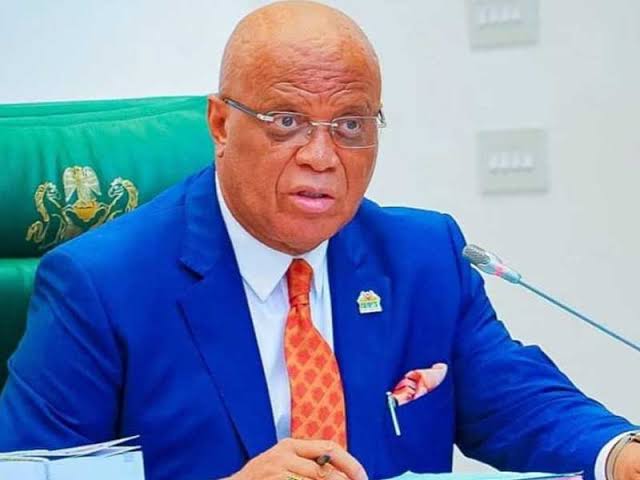
WHO urges leaders to transform cities into engines of health, equity,
By Chioma Obinna
The World Health Organisation, WHO, has called on national and city leaders to transform urban areas into engines of health, equity, and sustainability as the world marks World Cities Day.
More than 4.4 billion people, over half of the global population now lives in urban areas, a figure projected to reach nearly 70 percent by 2050.
According to WHO, cities represent a critical intersection of health, inequality, the environment, and the economy, presenting both significant risks and unique opportunities for progress.
The organisation warned that while health challenges exist in all urban settings, the worst outcomes are often concentrated in slums and informal settlements. Residents in these areas face unsafe housing, inadequate sanitation, food insecurity, and increasing exposure to floods and extreme heat. Currently, about 1.1 billion people live in such conditions, a number expected to triple by 2050.
To address these growing challenges, WHO has launched a new guide for decision-makers titled “Taking a Strategic Approach to Urban Health.” The publication offers a comprehensive framework to help governments integrate health considerations into urban planning and policymaking.
“This is a moment for decision-makers at every level to act together. The guide gives national and municipal leaders, planners, partners and communities a framework to work together, across sectors and scales, to build fairer, healthier, and more resilient futures,” said Jeremy Farrar, WHO Assistant Director-General for Health Promotion, Disease Prevention and Care.
WHO noted that health risks and inequalities are evident in cities around the world. A study of 363 cities across nine Latin American countries found life expectancy gaps of up to 14 years for men and eight years for women between the healthiest and least healthy cities.
Urban residents also face multiple and overlapping threats, including air pollution, unsafe transport, poor housing, noise, and climate hazards. Air pollution alone kills about seven million people each year, and nearly every city dweller breathes air that fails to meet WHO air quality standards. Dense urban populations further increase the risk of infectious disease outbreaks such as COVID-19 and dengue, while limited access to green spaces contributes to noncommunicable diseases.
“Cities are key to advancing public health. This guide offers governments a roadmap to act strategically, making operational links with other major global policy issues like climate change, transport, digital transformation and migration, ” said Dr Etienne Krug, Director of WHO’s Department for Health Determinants, Prevention and Promotion. “
WHO emphasised that improving urban health is not the responsibility of one sector alone. Decisions on housing, air quality, transport, and digital access made by city authorities directly affect the health and well-being of billions of people.
The new guide outlines practical steps for governments to understand how urban systems shape health and equity, identify opportunities for cross-sectoral action, strengthen governance and financing mechanisms, and develop comprehensive urban health strategies at both national and city levels.
Around the world, several cities—including Nairobi (Kenya), Suva (Fiji), Makassar (Indonesia), and Coimbra (Portugal)—are already engaging communities in urban design processes aimed at improving public health outcomes.
WHO urged municipal and national leaders to adopt strategic and coordinated approaches to urban health that align with other societal goals, making cities not only more livable but also more just and sustainable. Alongside the guide, WHO also launched the first three modules of an Urban Health E-learning Course through the WHO Academy to strengthen capacity for collaboration in urban development and public health planning.
The post WHO urges leaders to transform cities into engines of health, equity appeared first on Vanguard News.
,
The World Health Organisation, WHO, has called on national and city leaders to transform urban areas into engines of health, equity, and sustainability as the world marks World Cities Day.
The post WHO urges leaders to transform cities into engines of health, equity appeared first on Vanguard News.
, , Nwafor, {authorlink},, , Vanguard News, November 3, 2025, 12:39 am












